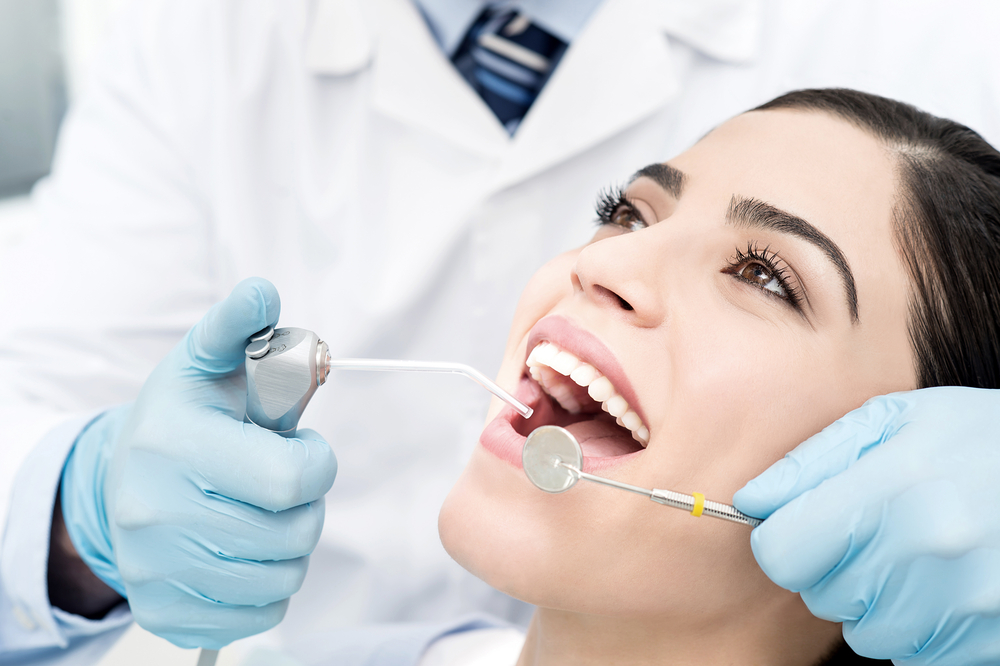
Dental hygiene is essential for maintaining healthy teeth throughout your life. However, it’s more than that. Dental health is a factor that can affect your overall health too. This article shows the purpose of preventive dental care and its benefits.
What is preventive dentistry?
Dental care assists in maintaining excellent oral health — regular dental examinations and establishing healthy habits such as cleaning and flossing are necessary.
The preventive dental services could include:
- Oral exams, with regular X-rays
The type of dental plan you’re on could provide you with complete coverage for preventive treatment, based on the kind of dental plan you have opted for.
To know more, you can search online for a dental clinic near you.
How do you contribute to preventive dentistry?
A large portion of preventive treatment begins with you. Practicing good dental habits at an early age in life will help you prevent gum diseases and cavities. Here are the fundamentals of oral health:
- Cleansing teeth two times per day
- Flossing regularly
- Using mouthwash
- Avoiding foods that contain acidic substances
- Being cautious when eating hard foods
- Avoiding tobacco products
Consult dental doctors to know more about preventive dentistry.
What kind of dentist provides preventive dental services?
There are various kinds of dental practitioners and dental specializations, such as:
- General dentists: General dentists can also be referred to as family dentists. One of the primary duties of a general dentist is to guide you on how to take care of your teeth. They can teach you to develop healthy habits and refer you to specialists for further assistance.
- Pediatric dentist (children’s dental specialist): These dentists are experts in dental care for children. In some instances, they provide preventive dental care and more specific treatment when required, such as fills and amputations.
What are preventive dental procedures for children?
Dental problems need to be prevented from the moment your child grows a tooth. Maintaining a preventive dental plan can identify dental issues early in your child’s development. Here’s what can be done:
- Encourage healthy dental habits that include flossing and brushing.
- Ensure regular cleaning of teeth and check-ups, usually every six months.
- Ensure application of fluoride.
- Regular X-rays help monitor the development of teeth.
- Athletic mouth guards can come in handy.
- Visit orthodontists.
Before you schedule a dental appointment, read the specifics of the plan so that you are aware of what it includes and what’s covered by it.
Do fillings count as preventive dental care?
Fillings do not prevent tooth decay, and these may be part of “restorative” procedures, which typically include extractions, fillings, root canals, and other things. According to your dental insurance, you may have to pay coinsurance, deductibles, and cost-sharing.
Are there any advantages of preventive dental care?
Dental examinations can benefit dental health:
- Reduce your chance of developing gum disease.
- Improve your oral hygiene.
- Prevent dental issues.
Do all dental plans cover preventive dental care?
Preventive dentistry is an essential aspect of oral health for everyone, so most dental plans offer it. If you’re looking to purchase the right dental plan, search for details about insurance coverage for preventive and diagnostic services. Be sure to know the limitations and frequency of preventive treatment. Examples:
- Dental cleaning: Only two cleanings are allowed per year, every six months.
- Treatments with fluoride: These are considered preventive-only for children.
- X-rays: Some X-ray procedures are covered as routine or preventive care, but for only a few procedures.
How much does preventive dentistry cost?
Depending on the dental plan you choose, preventive care can be fully covered. Preventive dental treatments include dental exams, cleaning teeth, dental hygiene, and periodic X-rays. There are usually limits on the number of X-rays you can undergo every year. Over these limitations, you might be required to pay for the excess. Therefore, it is essential to know the specifics of your insurance coverage.
Conclusion
Preventive dentistry isn’t the only one that can help you prevent dental problems. There are things you can do at home to maintain your oral health as well. Your best defense against decay is to brush your teeth twice a day, with fluoride toothpaste. In addition to brushing, flossing is necessary to clean areas that a toothbrush cannot reach. Keeping your teeth and gums healthy also requires a balanced diet with limited sugar and processed carbohydrates, as well as calcium and other nutrients.
Request an appointment at Apollo Dental, Hyderabad. Call 18001020288 to book an appointment.


















































